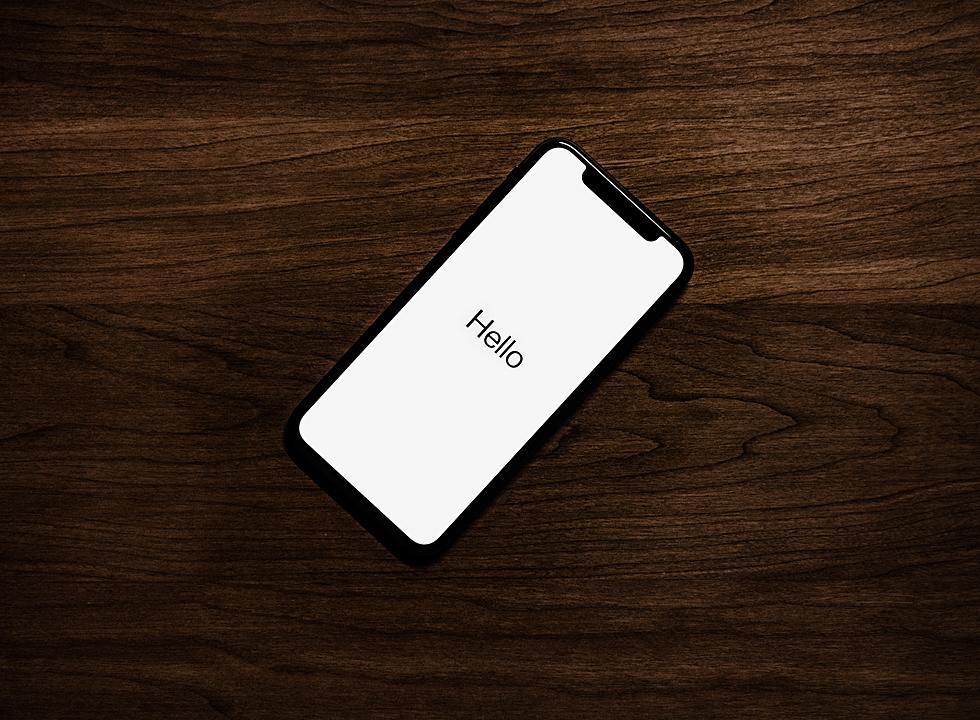![Experts Say Too Much Texting Is Dangerous – Teens and Technology[SERIES]](http://townsquare.media/site/385/files/2012/05/3031220220_604f0119ae.jpg?w=980&q=75)
Experts Say Too Much Texting Is Dangerous – Teens and Technology[SERIES]
This is the second in a week-long, five-part series on technology and our kids. David Matthau talks to teens, their parents a child psychologist, a sociologist and an education expert to get different perspectives on the positive and negative aspects of technology, and how it's affecting the way our children think and behave. Read the full series here
Most kids are infatuated with technology and many rely on texting as their communication method of choice. But this may pose some serious problems.
Rutgers Sociology professor Dr. Deborah Carr says, "Technology is a mixed bag - every generation views the technology used by the young people and sees it as a problem - the telephone, then email was considered negative, but eventually we all adjust to it. However, there are potential problems with the way many young people use technology today."
She says what's not great about texting is that "it takes away all forms of face to face interaction - it takes away fully formed sentences - even spelling mistakes are accepted. And so, people tend to not engage in meaningful communication - they're engaging in efficient and quick communication…Young people might not have a real sense of how to read emotion in others, or how to display emotion. And emoticon or a little smiley face doesn't really convey joy versus minor happiness - and I think that might lead to a lack of empathy - if you don't understand how someone's feeling you can't really empathize with them - that's one potential problem."
Child psychologist Dr. Steven Tobias agrees.
He says an over-reliance on texting is worrisome.
"It's really interfering with kids developing good communication skills. Texting is a very limited form of communication, not just in terms of the depth of information that can be conveyed, but also the emotional factors. You can't read a person's feelings - you know, those little emoticons or whatever don't express the full depth of emotional connection that people really need to have."
Dr. Tobias says his concern is if kids aren't practicing in dealing with the emotions and that aspect of communication, "they're not going to get good at it, and then finally they are in a face-to-face interaction, somebody gets upset, they're not going to know how to deal with it…I'm very worried that they're not practicing good communication skills that ultimately are going to lead them to have deep, satisfying inter-personal relationships."
Dr Carr says there are other problems as well.
"If you send a text message you expect someone to reply right away," she says, " In the real world - in the work world or in a marriage or raising children, sometimes we don't get results immediately, and so their time horizons might be skewed a little bit…And we have lots of evidence that writing skills and communication skills are declining - that's something I see in the classroom - and I suspect people who are hiring young people today work in their offices notice that communication skills on average are not as good as they were in the past…And another negative effect of too much reliance on texting by young people is that they might not learn how to do problem solving or they might not learn how to reason out a marital crisis or a romantic crisis. If your response to a spat is to just give a little text face with a frown in it , that doesn't really get into the deeper issues and really engage in problems in a meaningful way."
Dr. Tobias says the bottom line here is "texting is really a very limited and basically unfulfilling form of communication."
- RELATED: Do Teens Prefer Texting To Talking?
More From New Jersey 101.5 FM









